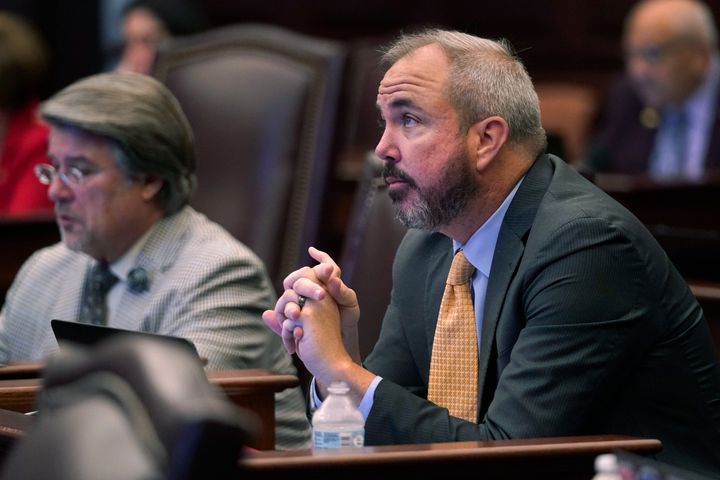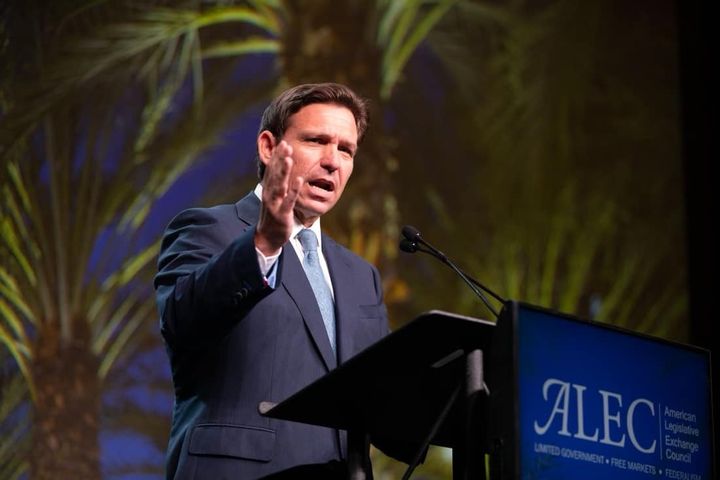In a state with a reputation for political scandal, Florida’s 2020 elections saw a particularly brazen scheme to swing three state Senate races. A “dark money” group sent out mailers promoting the campaigns of three “sham” candidates—in one case, diverting enough votes to a candidate with the same last name as former Democratic Sen. José Javier Rodríguez to defeat him. Rodríguez lost by just 32 votes, and Democratic candidates in the other two districts were defeated as well.
The Orlando Sentinel reported that the group behind the misleading mailers, which has renamed itself as Grow United, received a $1.15 million donation from an organization closely tied to the business trade association Associated Industries of Florida. A Dec. 2 Sentinel investigation detailed the group’s consultants’ close coordination with electric monopoly Florida Power & Light, as well as the power utility’s ties to state Republican leaders, who control the chamber and can block bills like one that would empower solar electricity generators.
Florida organizations supporting Democrats also donated $700,000 to Grow United to obscure the funding source behind expenses like election mailers, a revelation that led to the resignation of a senior House adviser.
Last month, the Florida Department of Agriculture and Consumer Affairs launched an investigation into one of Grow United’s donors. The “sham” candidate in Rodriguez’s race pled guilty last August and is cooperating in testimony against the consultant who allegedly put him up to it, former Republican state Sen. Frank Artiles. Artiles has pled not guilty in the case.
With dark money rampant in the state, especially in state Democratic primaries, a Florida Republican is seeking to make it a crime for public officials to request or release information about the sources of money behind election spending by groups that are not required to reveal their donors.
In January, Republican Florida Rep. Toby Overdorf introduced the Personal Information Protection Act (H.B. 1547), which would prohibit public agencies from requesting that any individual, corporation, or other entity release personal information besides what is already required by campaign finance and other laws, or when they have a lawful warrant to seek the information. The bill would also prohibit agencies from publishing such information they may have in their possession. Florida Senator Joe Gruters introduced a similar bill in the Senate (S.B. 1848) that would do the same thing, but only for personal information of donors and other individuals affiliated with 501(c)(3) organizations, though its sponsor says he’s willing to broaden it to cover other types of groups. Each bill would allow for the right of civil action and violators could face possible prison time of up to 90 days.



